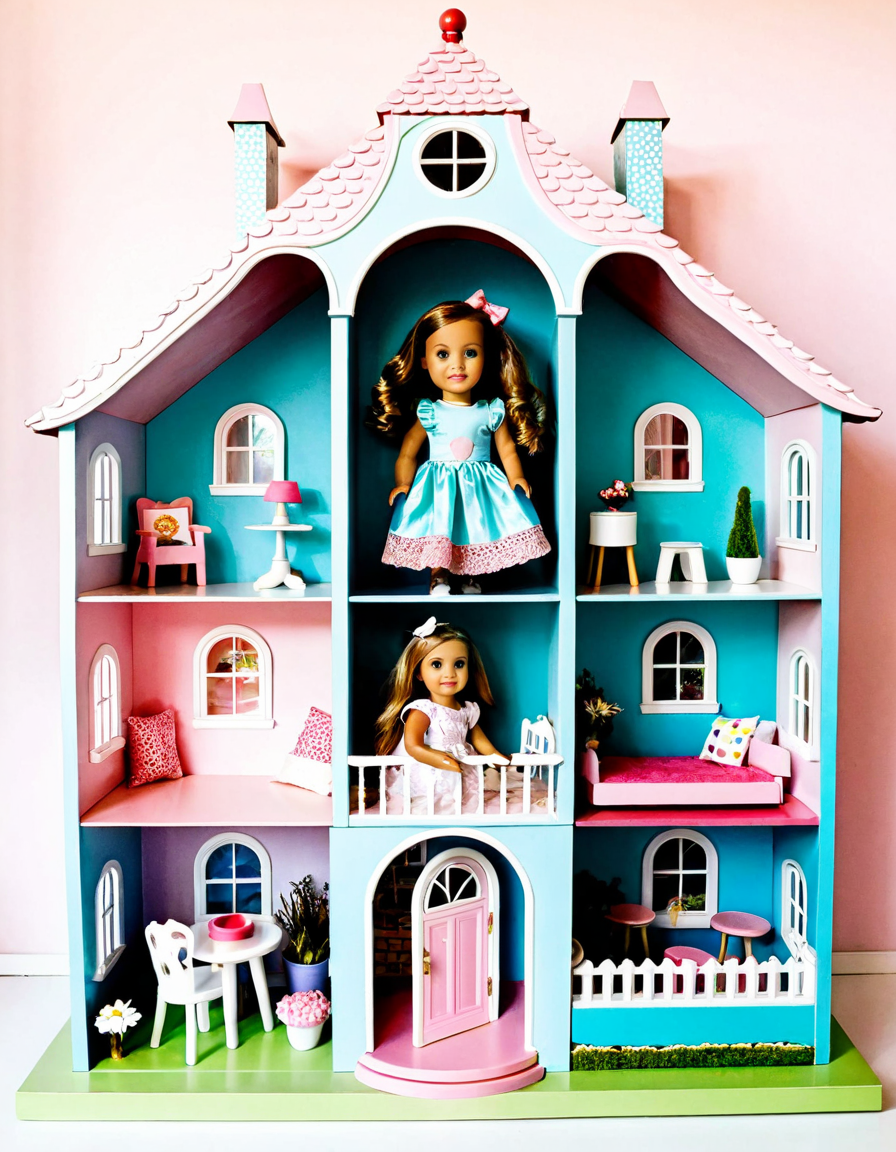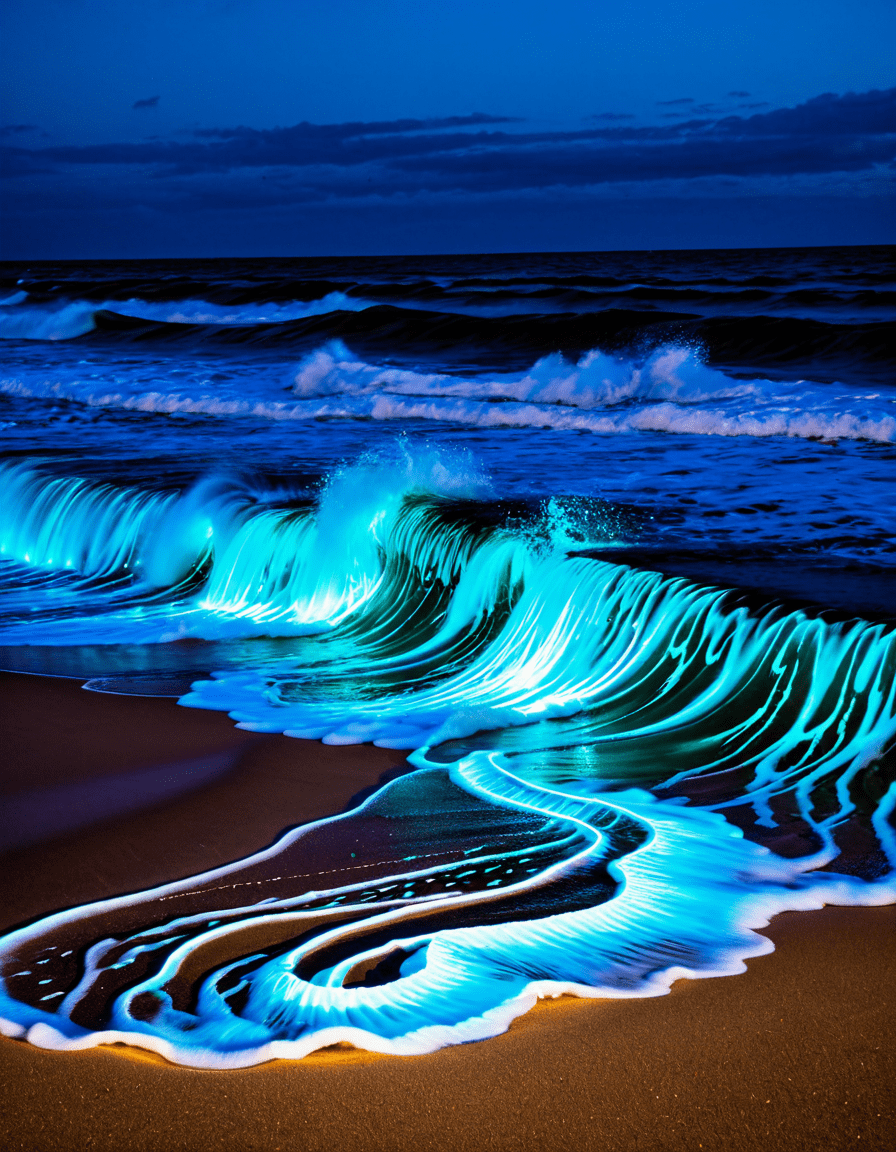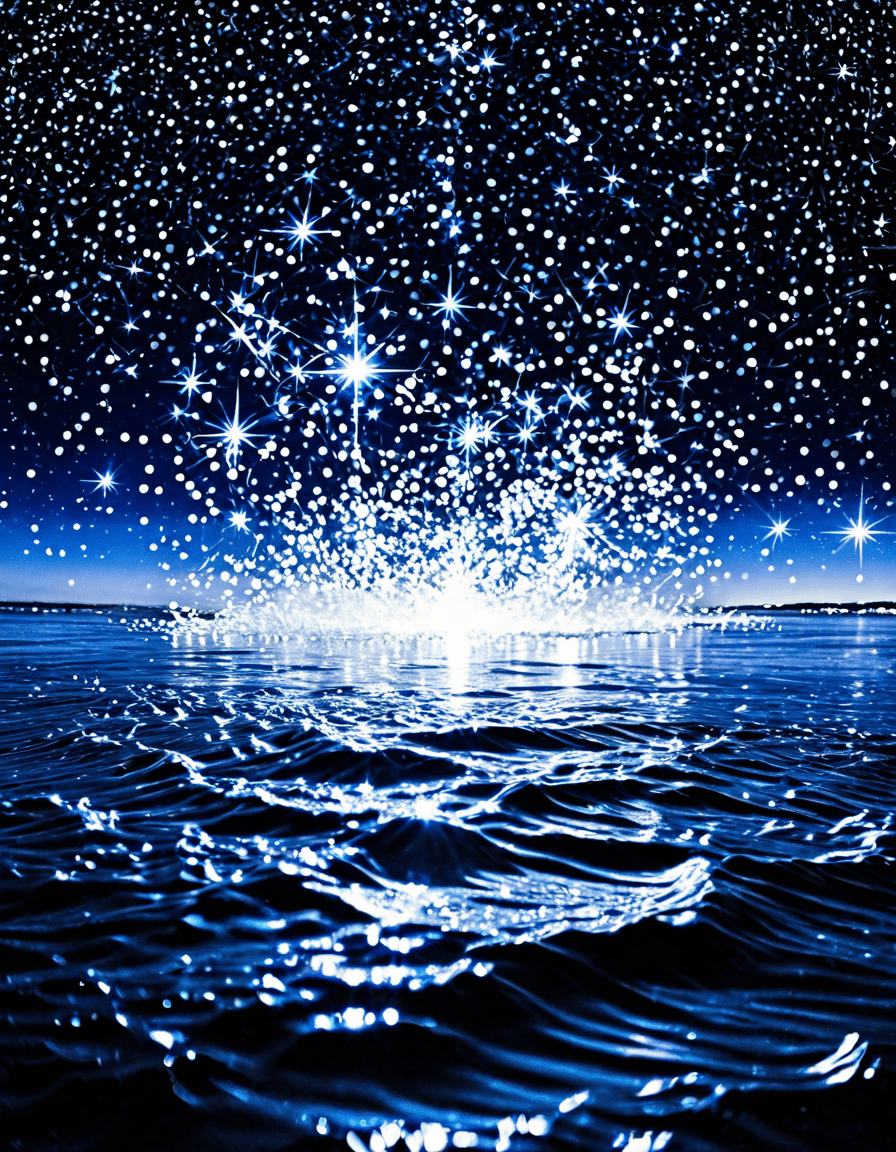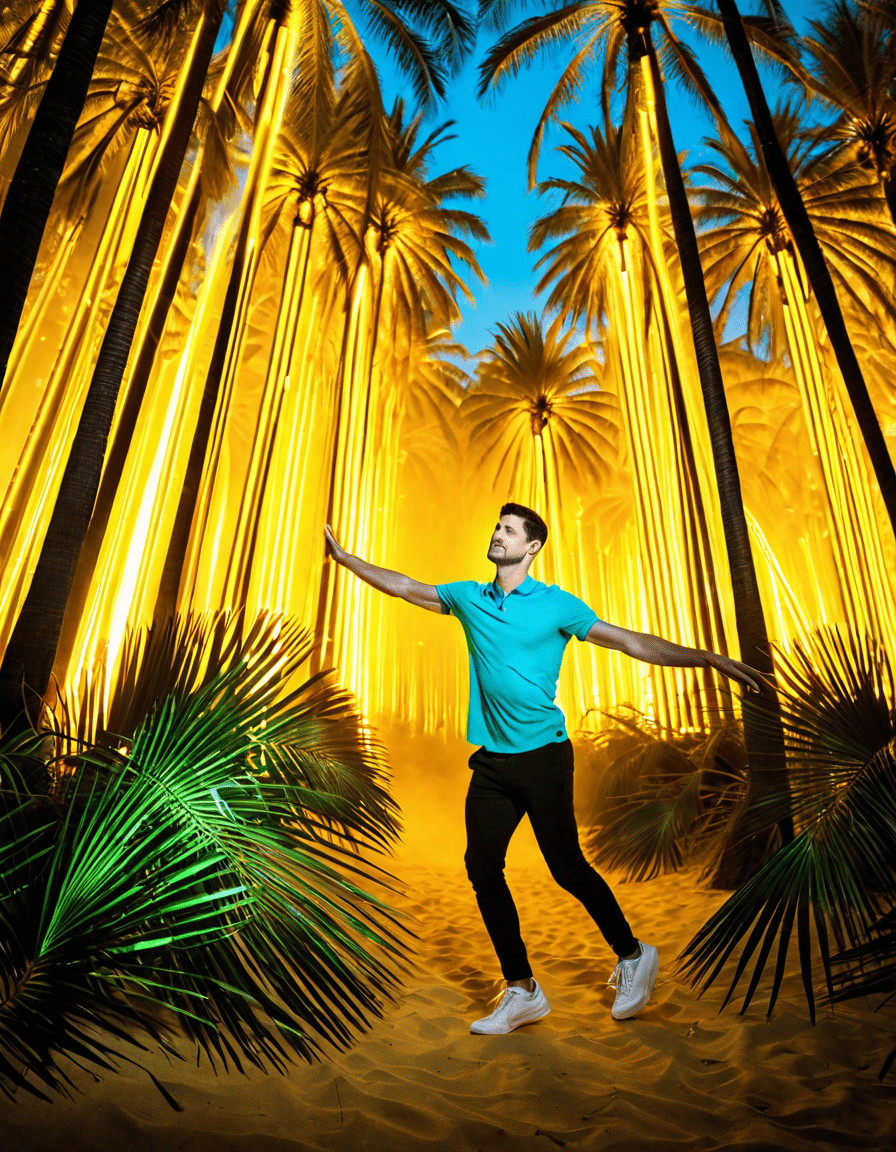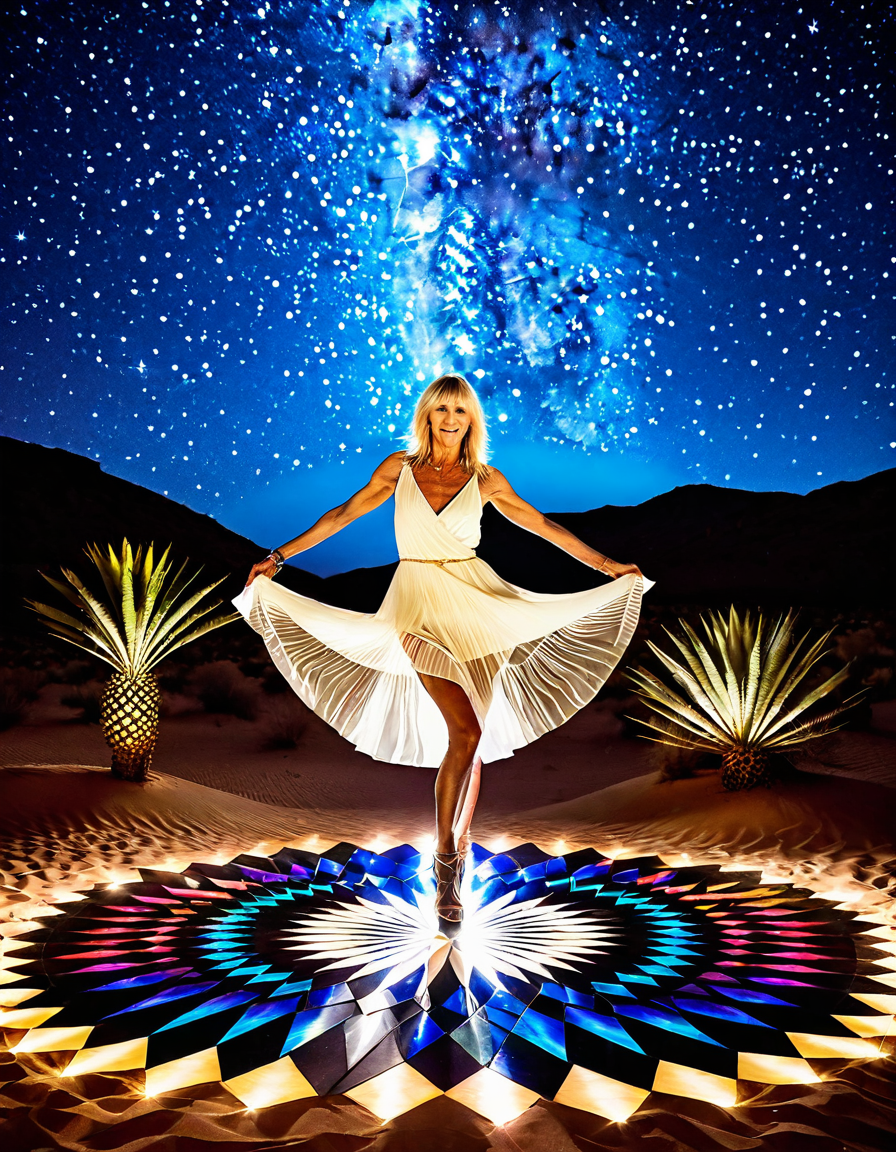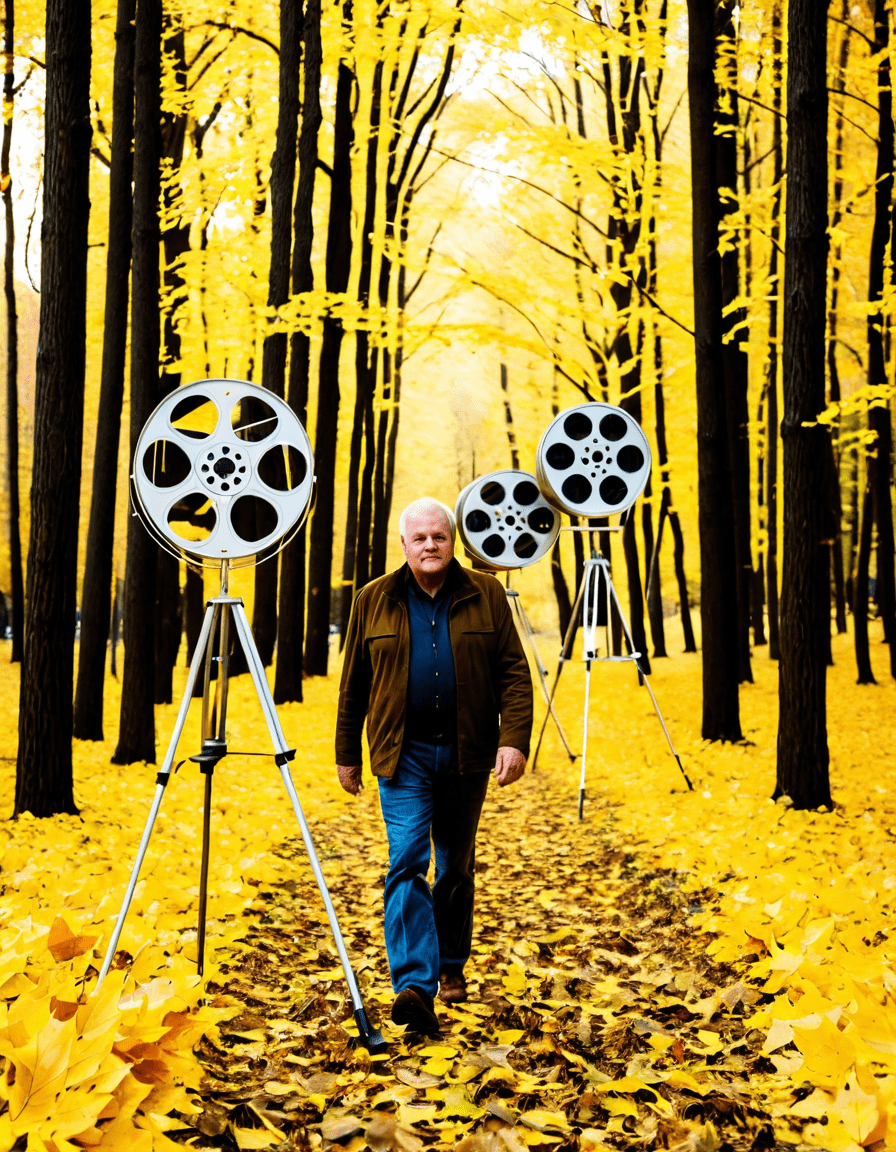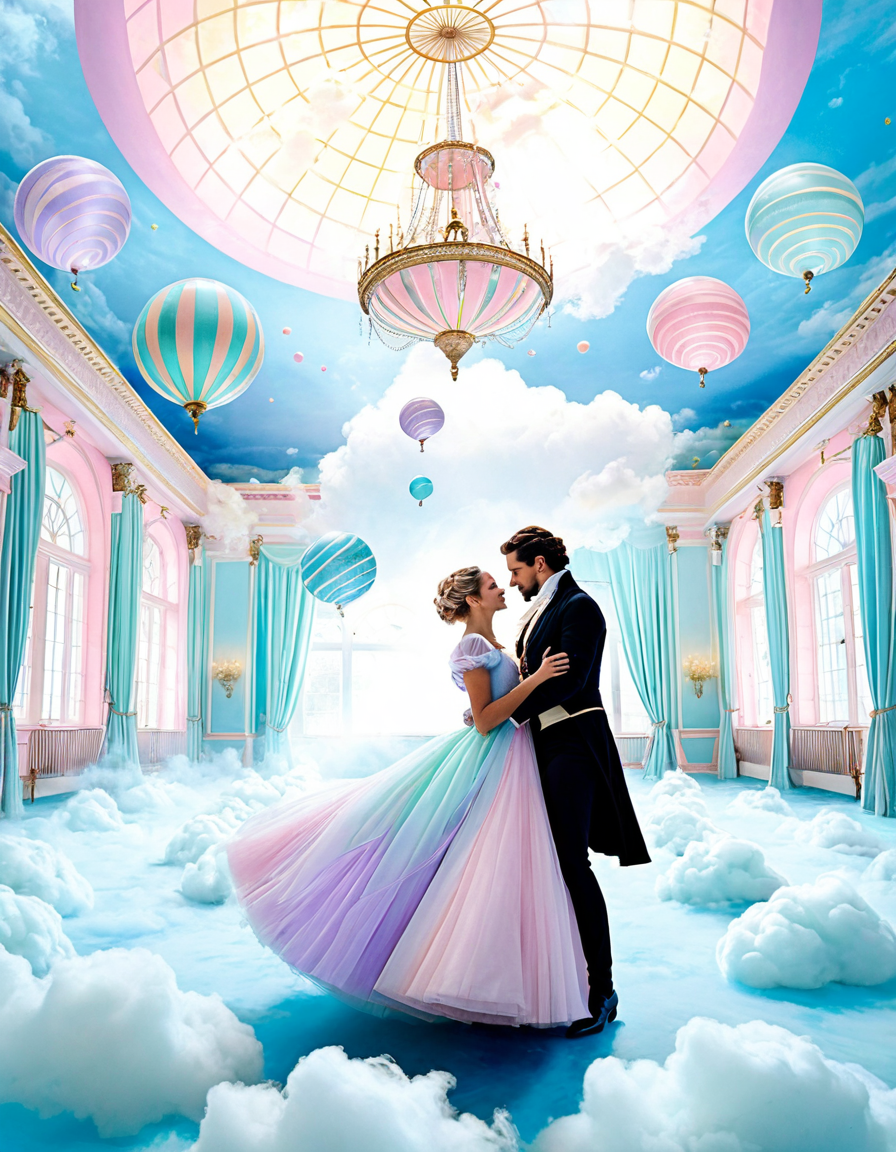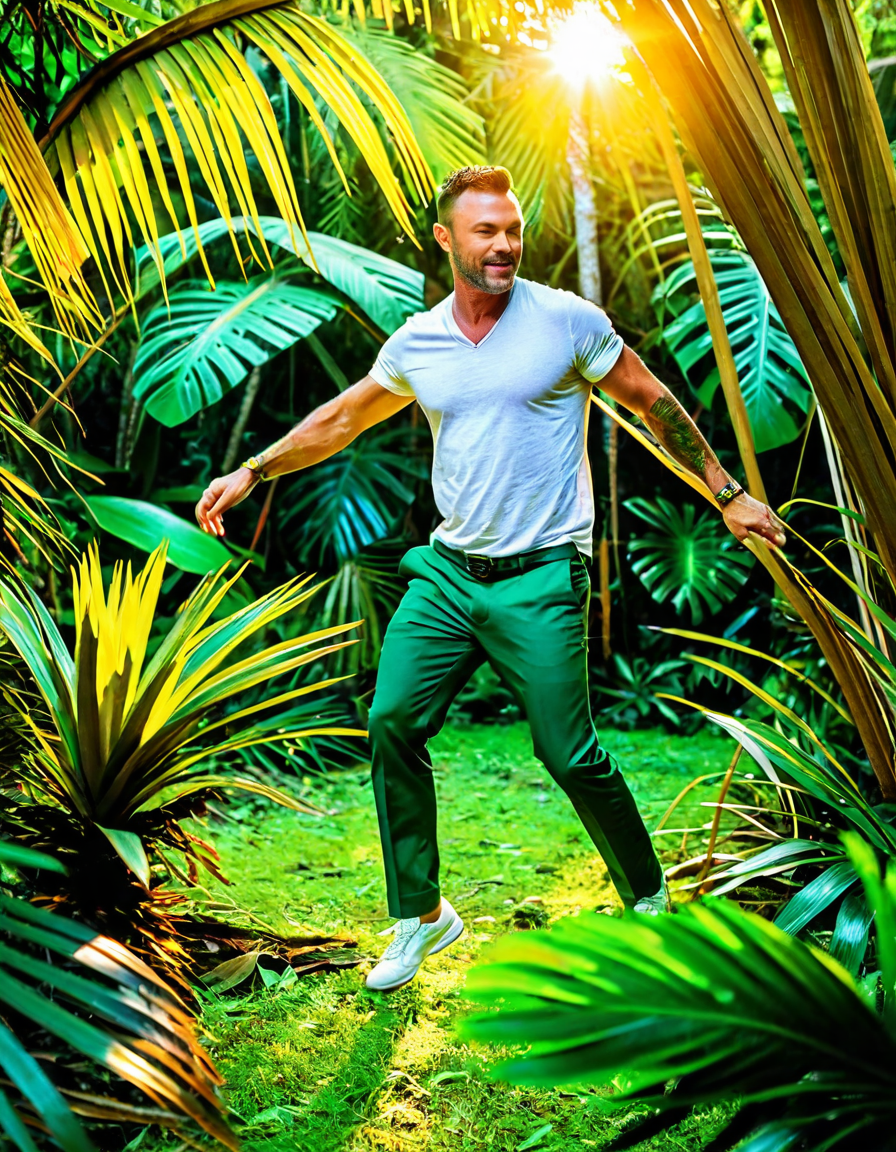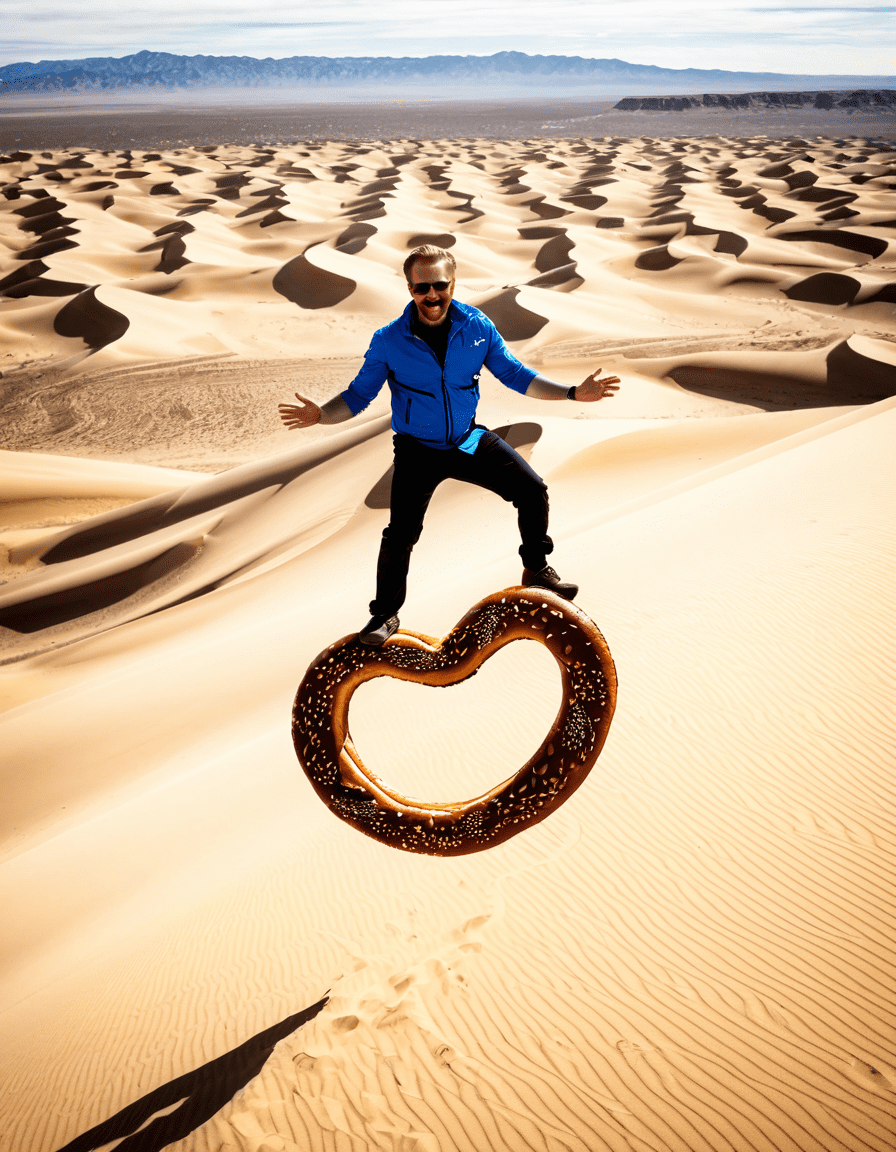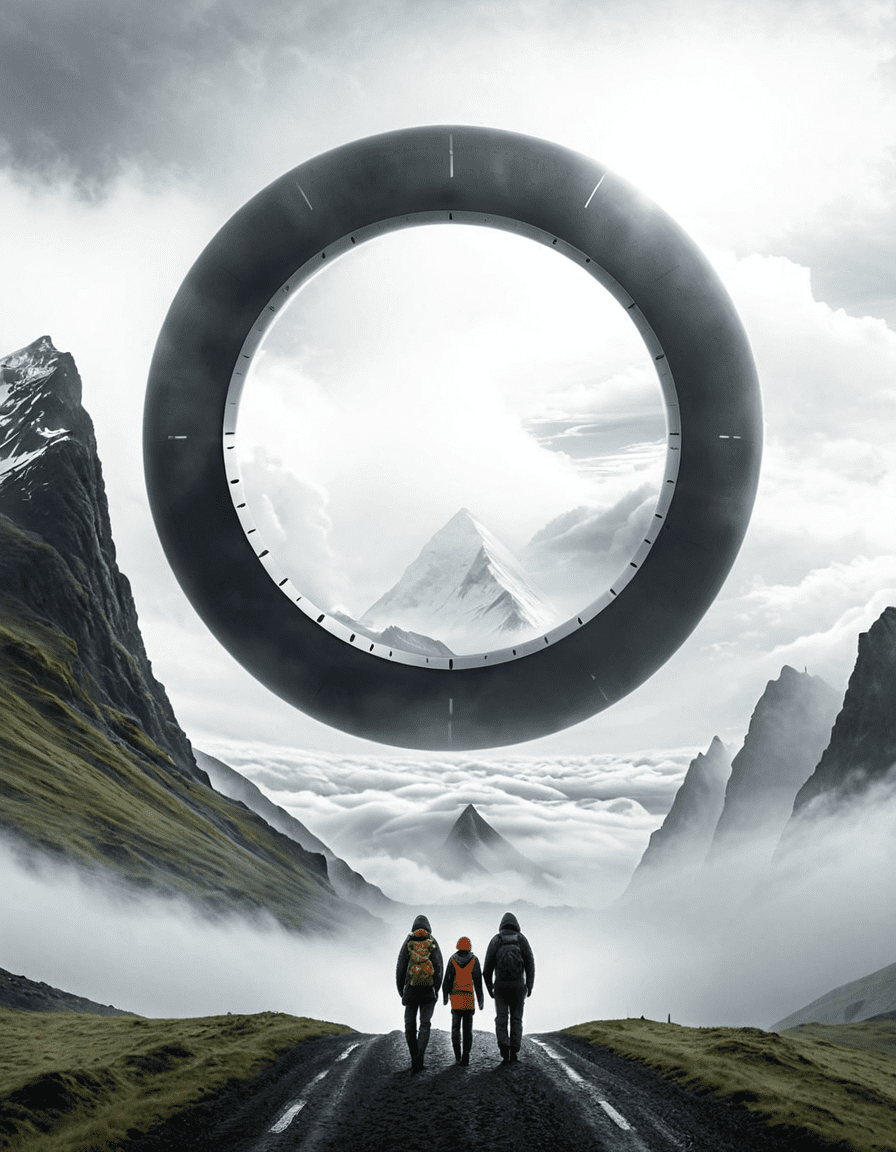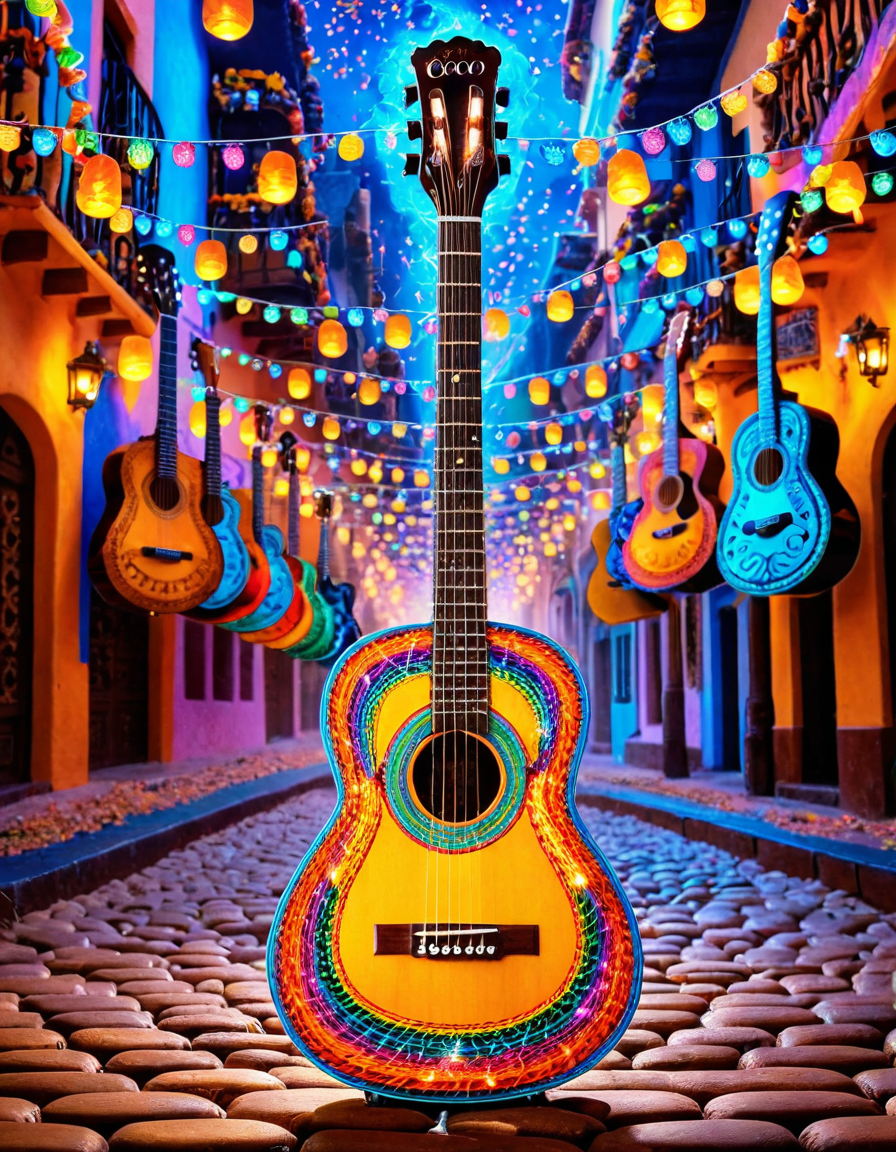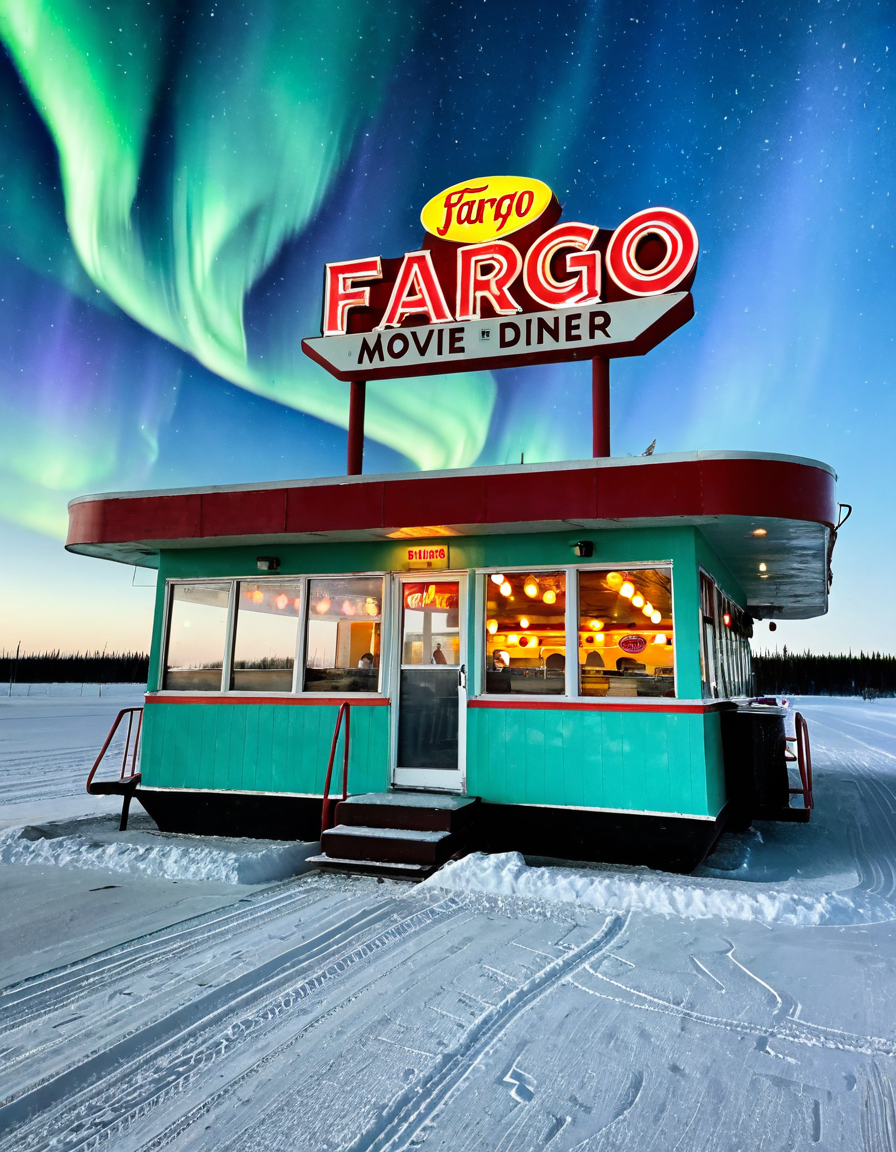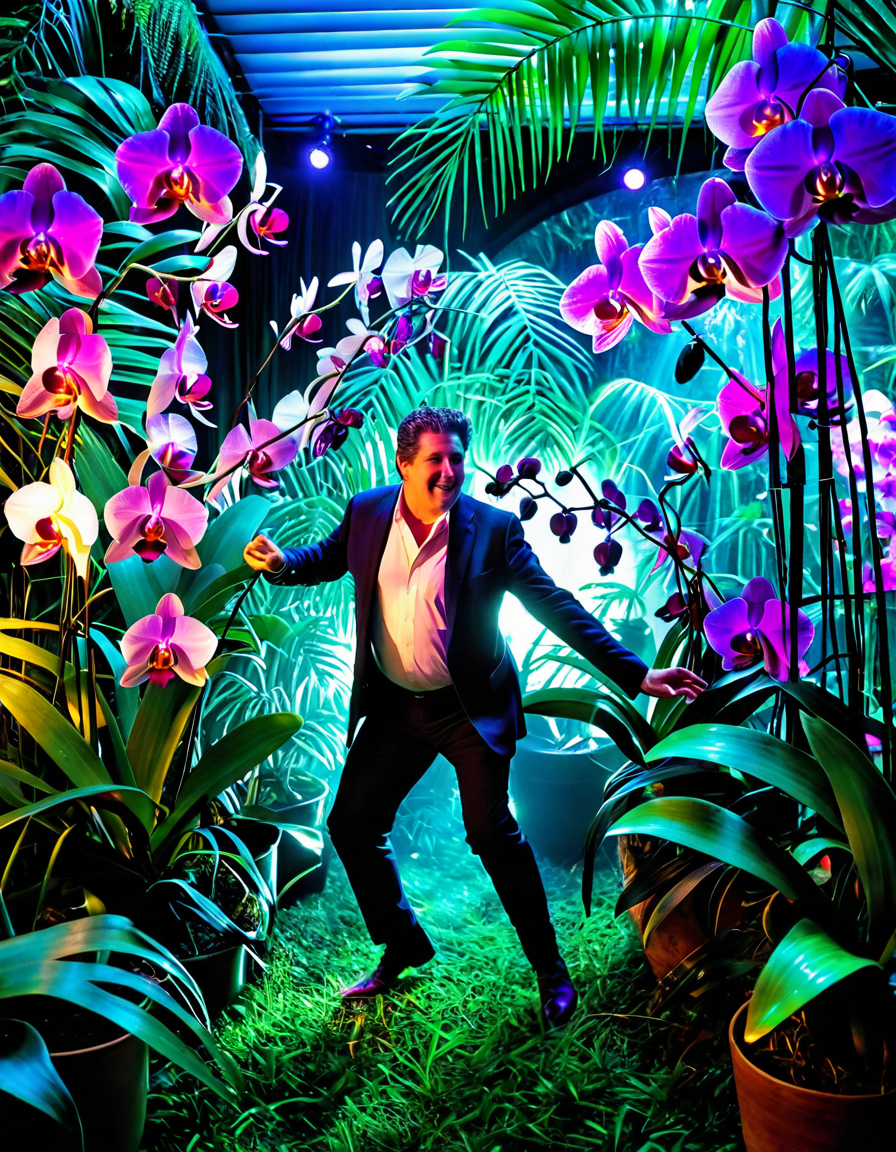Zombie narratives have consistently fascinated audiences, with George A. Romero’s “Dawn of the Dead” holding a special place in the annals of cinematic history. This film not only redefined the horror genre but set a benchmark for how we perceive and process societal fears through the lens of the undead. With its sharp critique of consumerism and compelling storytelling, Dawn of the Dead illuminates both human behavior and our instinctive drive to survive. Fast forward to today, zombie horror still thrives, tapping into the zeitgeist of our times, allowing us to confront the difficult themes that haunt us in our own lives.
Zombie movies have moved beyond mere fright—exhibiting human nature in extreme circumstances. From emotional depth to thrilling escapades, they mirror our current global anxieties. Today’s audience craves more than a jump scare; they desire narratives that resonate deeply. With that in mind, let’s explore the Top 7 Iconic Zombie Movies that Redefined the Genre and examine their cultural impact, starting from the gripping original marvel, Dawn of the Dead.

Top 7 Iconic Zombie Movies that Redefined the Genre
George A. Romero’s work is pivotal in the zombie genre, melding visceral horror with sharp social commentary. Dawn of the Dead stands out as it illustrates how consumerism can become a haunting force, echoing through the aisles of a mall where chaos reigns. Romero’s vision draws viewers into a world that reflects our fears, where the dead reflect the living’s mindless pursuits.
This film forever altered the landscape of zombie horror by introducing fast-moving zombies. It integrates intense psychological horror with contemplative themes about humanity’s fragility in crisis. Although the gore is central, the emotional struggle of the characters elevates this film beyond standard horror tropes, providing a nuanced take on survival.
Featuring Brad Pitt, this film captures a global outlook on a zombie pandemic. Its high-octane action sequences juxtapose a critical discussion about global crises. Really, it emphasizes urgency and collaborative survival, revealing how fear can unite people rather than drive them apart.
This hit TV series redefined the genre by focusing on character development over jump scares. The Walking Dead emphasizes human relationships and moral dilemmas amid a post-apocalyptic landscape, capturing the audience’s heart as it journeys through hope, loss, and the darkest aspects of human nature.
This South Korean film masterfully balances action with emotional depth. Set on a train, passengers navigate a zombie outbreak, presenting cultural nuances that resonate on an international level. Its unique storytelling showcases the genre’s flexibility, blending thrill with poignant life lessons.
Offering a comedic twist on the apocalypse, Zombieland delivers laughs amid horror. Its survival rules became iconic among fans, illustrating how humor can coexist with fear and showcasing the genre’s versatility. With memorable performances, this film speaks to both horror aficionados and newcomers alike.
Directed by Zack Snyder, this film mixes action and horror with a heist against a zombie backdrop. It examines human greed while providing captivating visuals that enhance the narrative. The movie indicates that zombie films can evolve, inviting audiences into fresh and innovative perspectives.

The Evolution of Zombie Tropes
The trajectory of zombie narratives has significantly transformed since the release of Dawn of the Dead. Where earlier films often conveyed immediate horror, modern interpretations delve into morality and resilience. Shows like Star vs the Forces of Evil juxtapose good against evil, offering viewers insights into character motivations amid chaos. This thematic evolution emphasizes that while zombies are often the primary threat, human decisions can pose even greater dangers.
The significance lies not just in the undead, but in how they compel characters to confront their values under life-threatening circumstances. Contemporary narratives showcase survival, exploring the psychological impacts of a crisis that reshape human interactions and relationships. Audiences find themselves compelled to question—who is the real monster? Is it the ravenous horde or the desperation lurking within humanity itself?
As zombie films continue to evolve, they highlight our deepest existential fears and aspirations. People connect with these narratives because they reflect their struggles, resilience, and the choices they face in the modern world. This depth allows for profound engagement—both emotionally and intellectually—as we navigate our own uncertainties.
Cultural Commentary: Zombies in the Context of Legends of the Fall and Modern Fears
Much like the epic themes found in Legends of the Fall, zombie narratives examine profound human emotions, including loss, love, and existential dilemmas set against chaotic backdrops. In today’s societal environment filled with political unrest and global crises, zombie horror allows us to navigate our fears, exploring how societal collapse affects our relationships and values.
The slow, existential decline depicted in Dawn of the Dead and similar films resonates deeply. As humanity grapples with personal losses, including the erosion of societal norms, viewers can find solace in shared experiences—an echo of their own life challenges manifested through the lens of ghoulish horror.
The allegories found within these narratives allow us to confront not just the fear of the unknown but also the fear of losing what makes us human. The blending of horror with emotional exploration has become a critical element, making stories richer and more relatable for a diverse audience. Zombie lore encourages reflection on who we are when stripped of normalcy, pushing us to face our vulnerability.
Lessons from the Undead: Analyzing Revenge of the Sith and Zombie Morality
The moral quandaries in Revenge of the Sith find echoes in the ethical dilemmas faced by characters in zombie narratives. Just like Anakin Skywalker, who is torn between loyalties, characters in films like Dawn of the Dead face choices that challenge their humanity. These narratives scrutinize survival instincts and force viewers to confront the consequences of their actions.
The relentless pursuit of self-confidence amidst impending doom illustrates the importance of decision-making. The stakes are terrifyingly high, and survival often comes with a heavy moral price. This layering of morality invites audiences to consider the boundaries they would push to protect themselves and their loved ones, creating a stark reflection of real-life conflicts.
In the chaos presented by zombies, audiences see the fragility of resolve, wrapped in the urgency of survival. These narratives prompt us to evaluate what we value most, highlighting the struggle between self-preservation and the preservation of our morals. As we witness characters unravel under pressure, we understand their journeys as mirrors of our own ethical dilemmas.
Convergence of Genres: Zombies and Beyond
Zombie horror continues to flourish, seamlessly integrating with other genres like action, romance, and even comedy, displaying its endless adaptability. By fusing elements across various genres, filmmakers craft intricate narratives that challenge conventional storytelling. The enduring fascination with the undead allows for a deeper examination of human experiences during crises.
Zombies are no longer relegated to just horror; they sit at the intersection of societal commentary and personal introspection. This convergence invites filmmakers and audiences alike to explore human conditions amidst catastrophic scenarios, generating narratives that resonate on multiple levels. Each film, whether a grave tale or a lighthearted romp, illuminates different shades of the human experience.
As the genre expands, it continues to evolve and experiment, showcasing the unique ways humans confront their fears. Whether in a lively sitcom style like in Zombieland or the intense friction found in films like World War Z, the exploration of what it means to be human during chaos remains a central theme—capturing not only the essence of horror but the very nature of existence itself.
The Undead in Omniverse Storytelling: A Future Perspective
The horizon for zombie narratives is limitless—with advances in technology continuously reshaping storytelling. We can expect filmmakers to leverage cutting-edge visual effects that further immerse audiences in these terrifying worlds, while still provoking thought through sharp dialogue and character development. This momentum signals a fresh era for how we interpret and experience horror.
As genres blend and new themes rise, creators will likely delve deeper into psychological explorations of fear and survival, allowing audiences to interact with their realities through fiction. Expect stories that unmask the human psyche, leading us down unpredictable paths that challenge our understanding of both fear and hope.
It’s an incredibly exciting time to witness this evolution, as the zombie genre not only illuminates societal concerns but also paves the way for innovative storytelling. Embracing technological advancements and novel narratives will undoubtedly propel the zombie mythos into new, invigorating territories, ensuring its relevance for generations to come.
In our exploration of the multifaceted world of zombie narratives, we uncover a rich tapestry of reflections on the human experience. The blend of horror with significant social critique guarantees that the genre stays vital. We engage with our fears head-on, making sense of our reality through the lens of the undead in an unpredictable universe that continues to unfold.
As we delve into these stories, we acknowledge their ability to mirror our struggles while prompting us to confront our own complexities in an ever-evolving society. The undead serve as both a warning and an invitation—to reflect, discuss, and perhaps even embrace our darker sides for a richer understanding of what it means to be alive.
For richer insights into our modern narratives and how they reflect our realities, check out the unfolding stories on platforms like Mysccc, the cultural turnabouts in East Chicago, and discussions led by creatives like Khan Baba. Dive deeper into engaging tapestries of storytelling by exploring collections such as Scribblio and check out upcoming feature films like Joker : Folie À Deux, reflecting on the nuanced facades of human emotion amid darker themes. These platforms reveal insights paralleling dark narratives, making for an enthralling exploration!
As thrilling as a zombie chase, the journey through horror leads us back to our humanity—one terrifying tale at a time.
Dawn of the Dead: Thrills and Chills of Zombie Horror
The Cinematic Icebreaker
Did you know that “Dawn of the Dead” was a groundbreaking film in the zombie genre? Released in 1978, it not only shook things up but it also influenced countless filmmakers, much like how Squid Games Season 2 is gearing up to capture audiences again. This horror classic, directed by George Romero, was way ahead of its time, blending horror with social commentary. It addressed consumerism in ways that still resonate today, whether you’re grabbing snacks or critiquing society’s obsessions, much like the infamous Lorena Bobbitt case, where public frenzy took hold. Zombies in the mall? Now that’s one way to showcase social critique!
Creepy Fun Facts
Alright, let’s munch on some spooky trivia! The film was initially shot in a real shopping mall in Monroeville, Pennsylvania, which was closed to the public during filming. It’s interesting to think that as shoppers would typically be there, the scene of zombies lurking around created a chilling contrast—a definite nod to the unease in the Black Dahlia case, where shadows of dark history linger. Plus, the special effects team used practical effects on a tight budget, setting standards that inspired future filmmakers in the genre, paving the way for productions like the one featuring Cameron Boyce And his crew. Talk about a legacy that’s haunting!
Impact and Legacy
The cultural legacy of “Dawn of the Dead” is mind-blowing! It forever changed how we view zombie films and paved the way for franchises that would follow. Its commentary on society and survival tactics is something many horror stories echo. Just like how those life-or-death scenarios in “Squid Games” keep viewers on the edge, “Dawn of the Dead” grabs its audience’s psyche. Imagine those survivors trapped in a mall, facing their fears, each character representing different aspects of society, including perhaps nods to real-life mishaps—similar to the gripping events surrounding Lorena Bobbitt. That mix of horror and thought-provoking narratives ensures that “Dawn of the Dead” continues to thrill and chill, living on in the hearts of horror fans everywhere!




